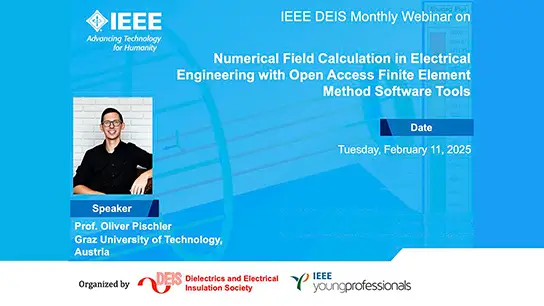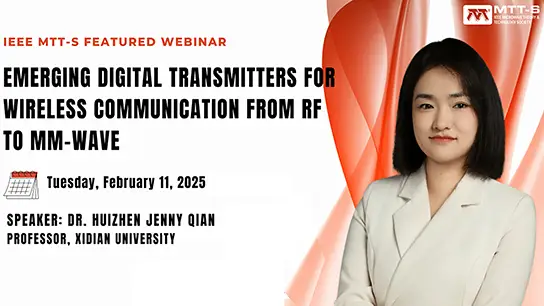Interview with Piero Bonissone, 2016: CIS Oral History Project
Piero Bonissone, Rudolf Seising
-
Members: FreeCIS
IEEE Members: Free
Non-members: FreeLength: 00:37:33
05 Jul 2017
Piero P Bonissone, Piero P Bonissone Analytics LLC CEO, and former Chief Scientist at General Electric Research, Life IEEE Fellow, 2012 CIS Fuzzy Systems Pioneer Award, and 2005 CIS Meritorious Award.
He is a pioneer in the field of analytics, machine learning, fuzzy logic, AI, and soft computing applications. During the eighties, he conceived and developed the Diesel Electric Locomotive Troubleshooting Aid (DELTA), one of the first fielded expert systems that helped maintenance technicians in troubleshooting diesel-electric locomotives. He has been the PI in many DARPA programs, from Strategic Computing Initiative, to Pilot's Associate, Submarine Operational Automation System, and Planning Initiative (ARPI). During the nineties, he led many projects in fuzzy control, from the hierarchical fuzzy control of turbo-shaft engines to the use of fuzzy logic in dishwashers, locomotives, and resonant converters for power supplies. He designed and integrated case-based and fuzzy-neural systems to accurately estimate the value of single-family residential properties when used as mortgage collaterals. In early 2000, he designed a fuzzy-rule based classifier, trained by evolutionary algorithms, to automate the placement of insurance applications for long term care and term life, while minimizing the variance of their decisions. This classifier was placed in production in 2003. Since then, he focused on the development of data-driven analytic models for assets diagnostics and prognostic, including the prediction of remaining life for each locomotive in a fleet, to perform efficient assets selection. Over the last decade at GE GR, he developed multi-criteria decision-making systems to support PHM applications (prescriptive models), ensemble learning to reduce the variance of predictive models, and model lifecycle automation to create, deploy, and maintain analytic models, providing customized performance while adapting to avoid obsolescence. Currently, he is an independent consultant specialized in the use of analytics for Industrial AI applications. He provides consulting services in machine learning (ML) analytic applications, covering project definition and risk abatement, project evaluation, transition from development to deployment, and model maintenance.
He is a pioneer in the field of analytics, machine learning, fuzzy logic, AI, and soft computing applications. During the eighties, he conceived and developed the Diesel Electric Locomotive Troubleshooting Aid (DELTA), one of the first fielded expert systems that helped maintenance technicians in troubleshooting diesel-electric locomotives. He has been the PI in many DARPA programs, from Strategic Computing Initiative, to Pilot's Associate, Submarine Operational Automation System, and Planning Initiative (ARPI). During the nineties, he led many projects in fuzzy control, from the hierarchical fuzzy control of turbo-shaft engines to the use of fuzzy logic in dishwashers, locomotives, and resonant converters for power supplies. He designed and integrated case-based and fuzzy-neural systems to accurately estimate the value of single-family residential properties when used as mortgage collaterals. In early 2000, he designed a fuzzy-rule based classifier, trained by evolutionary algorithms, to automate the placement of insurance applications for long term care and term life, while minimizing the variance of their decisions. This classifier was placed in production in 2003. Since then, he focused on the development of data-driven analytic models for assets diagnostics and prognostic, including the prediction of remaining life for each locomotive in a fleet, to perform efficient assets selection. Over the last decade at GE GR, he developed multi-criteria decision-making systems to support PHM applications (prescriptive models), ensemble learning to reduce the variance of predictive models, and model lifecycle automation to create, deploy, and maintain analytic models, providing customized performance while adapting to avoid obsolescence. Currently, he is an independent consultant specialized in the use of analytics for Industrial AI applications. He provides consulting services in machine learning (ML) analytic applications, covering project definition and risk abatement, project evaluation, transition from development to deployment, and model maintenance.


